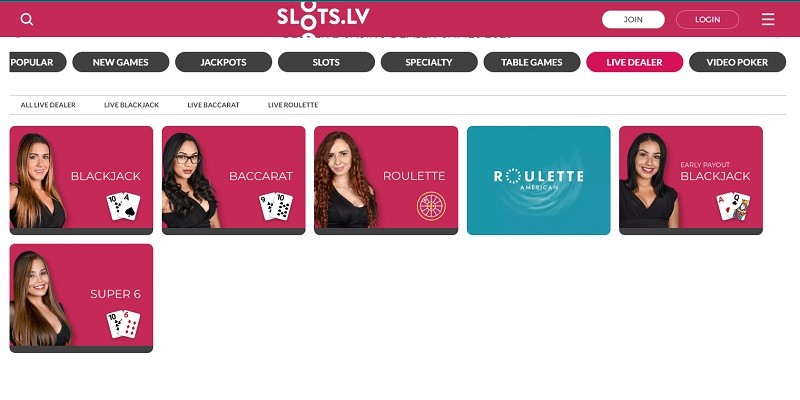Withdrawal Methods and Timelines
Examining the variety and speed of withdrawal methods available in online casinos and their impact on player confidence.
Focusing on the efficiency and transparency of withdrawal processes in ensuring prompt access to funds.
- Common withdrawal methods: e-wallets, bank transfers, cryptocurrencies
- How withdrawal timelines affect player trust
- Navigating fees and withdrawal limits
- Signs of a trusted online casino
Player Experiences and Reviews
Players’ testimonies and reviews significantly impact their perceptions of a casino’s payout reliability. Checking feedback regarding payout speeds, customer service quality, and overall gambling experiences can provide valuable insights. Prospective players should consider casinos with positive reviews and reliable player support to ensure a satisfactory gaming experience.
Methods of Withdrawal
Common Withdrawal Methods
Various withdrawal methods are available for players, including bank transfers, e-wallets like PayPal and Skrill, and cryptocurrencies such as Bitcoin. E-wallets are especially popular due to their convenience and speed, making them preferable for many users wanting quick access to their winnings.
Withdrawal Timelines
Understanding withdrawal timelines is essential when assessing a casino’s reliability. Generally, reputable online casinos process withdrawals within several hours to three business days, depending on the chosen method. Cryptocurrency withdrawals often qualify for expedited processing times, allowing for near-instant access to funds.
Fees and Limits
Alongside withdrawal methods, players should be aware of potential fees associated with transactions. While many trusted casinos promote no hidden fees, it's important to review the terms related to withdrawal limits and fees before committing. Transparency regarding costs contributes to a more trusting relationship between players and casinos.
How to Choose a Reliable Online Casino
Research and Resources
Before signing up with any online casino, thorough research is paramount. Players can utilize established review platforms that rate casinos based on critical factors such as licensing, regulatory compliance, and payout information. Seeking casinos with independently verified payout data is an essential step in ensuring a fair gaming experience.
Signs of a Trusted Casino
Identifying genuine casinos involves looking for key indicators of trustworthiness. Valid licensing, clear RTP disclosures, and effective customer support are significant signs that a casino is reputable. Players should gravitate toward platforms showcasing an established reputation for reliability and player satisfaction.
Warning Signs
Just as crucial is the awareness of potential red flags. These may include a lack of adequate licensing information, poor player reviews, and unclear withdrawal policies. Being vigilant against these warning signs can prevent negative gambling experiences and protect players’ interests.
Conclusion
In conclusion, online casinos do effectively pay out winnings under the right conditions. Players can increase their chances of a positive experience by choosing licensed and regulated platforms that maintain transparency in RTP percentages and uphold favorable player reviews. Conducting due diligence before selecting a casino is essential for ensuring a fair and rewarding gaming journey.

